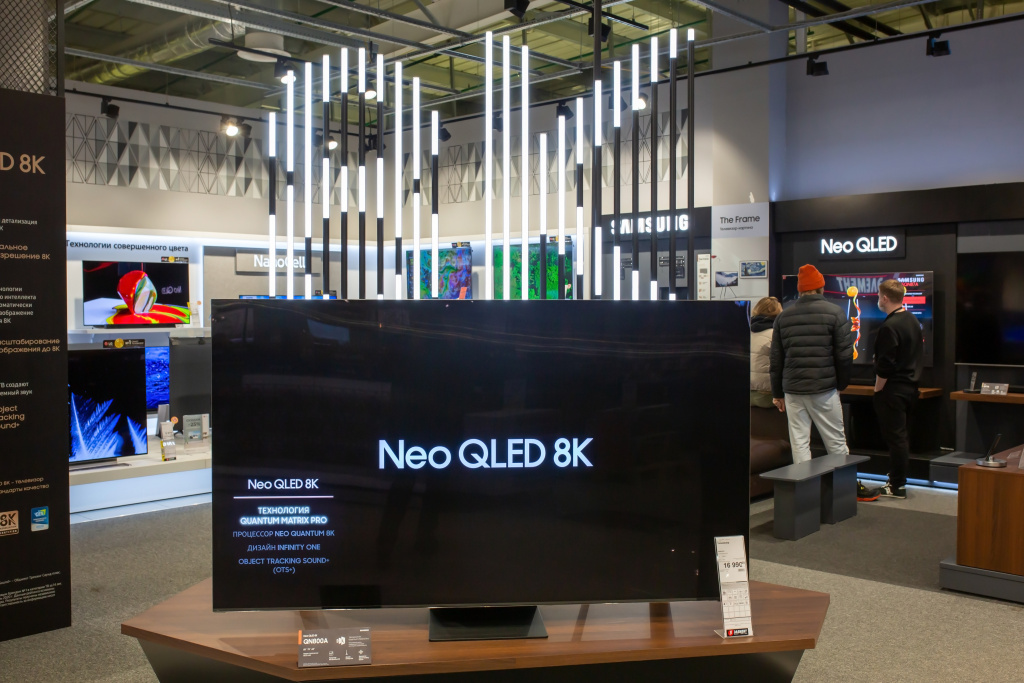- Analysts predict settlement could net Nanoco up to $500 million
- EU outlaws use of cadmium in consumer products
- Could be substantial scope for new commercial deal with Samsung
Manchester-based materials technology company Nanoco (NANO) has reached a settlement with electronics giant Samsung in a long-running legal battle that analysts have projected could net the UK company up to $500 million (£422 million approximately) in damages.
Nanoco claimed that the South Korean company used its patent-protected cadmium-free quantum dot technology in its QLED TVs without permission.
Quantum dot technology is used in displays to make the picture sharper and the colours richer. Cadmium is a toxic metal that has been banned in consumer products across the EU for more than a decade.
Nanoco issued a statement saying: ‘A term sheet for a no fault settlement of the current litigation has been agreed between Nanoco and Samsung.’ The deal means the lawsuit, which was due to be heard in Texas courts from today (6 Jan), has been postponed while the two companies haggle over the details.
LICENCE/ROYALTY MODEL
That Nanoco’s share price surged 46% to 62p in early trading on Friday (6 Jan) reflects investors’ confidence that the Manchester University spin-out is in line for a hefty damages payout, but there is scope for more to come.
Nanoco operates a licence and royalty model that means customers pay a one-off licence fee for permission to use its technology, with a small royalty paid on each unit manufactured.
For example, a TV manufacturer might pay, say, $100,000 as a licence over three years, then another $10 per unit (Peel Hunt’s estimate) royalty on TVs made using the tech.
If the TV manufacturer sold 500,000 TVs a year over the term of the agreement, it would imply up to $15 million in royalty revenue for Nanoco over the term of the deal. It’s a similar model used by microchips design champion Arm.
Investors should be aware that the above example is for illustration only. While Nanoco would likely announce the size of new licence agreements, it keeps its royalty rates under its hat.
According to the Korean Herald, Samsung’s flagship Neo QLED TV sold 4.64 million units in the January to June period last year, a 16.3% jump on 2021’s first-half. Since its debut in 2017, Samsung is estimated to have sold an accumulative 36.3 million Neo QLED TVs.
COMMERCIAL DEAL WITH SAMSUNG ON CARDS
An important part of operating streamlining for mass produced products is standardisation of components and processes. That means there is a good chance that Samsung may have used Nanoco’s QD technology in QLED TVs sold globally, not just in the EU where cadmium is banned.
If Samsung wants to continue selling TVs in the EU, and potentially globally, it will either have to find a different technology partner (not easy and possibly expensive), or pay Nanoco a licence fee to legally continue using its QD technology, which would mean potentially significant royalties down the line.
There are a lot of ifs and buts in this speculation, and investors will only find out the real scope for commercial arrangements between Nanoco and Samsung once negotiations over the settlement are complete.



